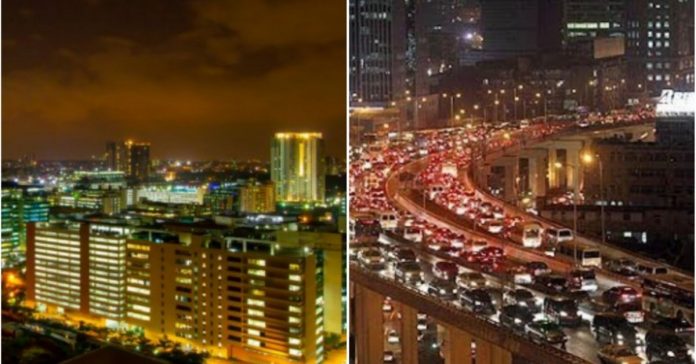
India’s tech capital may soon become a round-the-clock city, a challenging mission while the covid-19 pandemic continues to impact lives but one with the potential to boost the country’s untapped night
The Karnataka government is working on implementing a recent order that allows shops, restaurants, malls, and other establishments that come under the Karnataka Shops and Commercial Establishment Act, 1961, to remain open 24X7 to help generate employment and revive its sagging economy.
Establishments that serve alcohol, however, are not covered under this order and will have to follow deadlines as before.

Bengaluru, home to more than 10 million people, including a substantial millennial population that works in tech startups and the IT sector, is the main target location.
The transition, however, may be challenging as the southern city’s dreams of becoming a global city are hobbled by a crumbling public, security and transport infrastructure, and unplanned growth.
“In such a situation (pandemic), there isn’t much use. We can do it occasionally but customers rarely come around these times. Such a proposal should also be supported by keeping public transport and government offices open 24X7,” Chandrashekar Hebbar, the president of the Karnataka Pradesh Hotel and Restaurants’ Association, said.
The association is expected to meet the chief minister next week to present its views.
“This is a progressive move and helps unlock growth in the economy. Once the permissions are given, infrastructure creation also follows as we have seen earlier when deadlines were extended from 11pm to 1am in several cities,” Anurag Katriar, president of the National Restaurants Association of India.
The Karnataka government is working on implementing a recent order that allows shops, restaurants, malls, and other establishments that come under the Karnataka Shops and Commercial Establishment Act, 1961, to remain open 24X7 to help generate employment and revive its sagging economy.
Establishments that serve alcohol, however, are not covered under this order and will have to follow deadlines as before.
Bengaluru, home to more than 10 million people, including a substantial millennial population that works in tech startups and the IT sector, is the main target location.
The transition, however, may be challenging as the southern city’s dreams of becoming a global city are hobbled by a crumbling public, security and transport infrastructure, and unplanned growth.
“In such a situation (pandemic), there isn’t much use. We can do it occasionally but customers rarely come around these times. Such a proposal should also be supported by keeping public transport and government offices open 24X7,” Chandrashekar Hebbar, the president of the Karnataka Pradesh Hotel and Restaurants’ Association, said.
The association is expected to meet the chief minister next week to present its views.
“This is a progressive move and helps unlock growth in the economy. Once the permissions are given, infrastructure creation also follows as we have seen earlier when deadlines were extended from 11pm to 1am in several cities,” Anurag Katriar, president of the National Restaurants Association of India, said.
Restaurants such as Hotel Empire, one of the few that remain open till about 1.30am, are holding a board meeting later this month to see if they will stay open all night.
“Policing anyway is round-the-clock and if we see any localities that have such places who want to remain open 24X7, we will augment our resources based on this.” Praveen Sood, Karnataka’s director general of police, said.
The covid-19 crisis has worsened matters with people used to home deliveries of food and groceries and fearful of stepping out. The metro does not operate beyond 11.30pm.
“The night-time economy unlocks new demand. It opens up retail and transport and growth would come from that,” said Nitin Pai, co-founder and director of Takshashila Institution, an independent centre for research and education in public policy.
Source: Live Mint


































